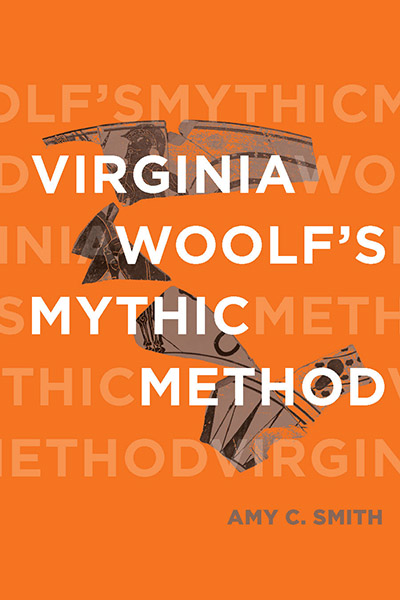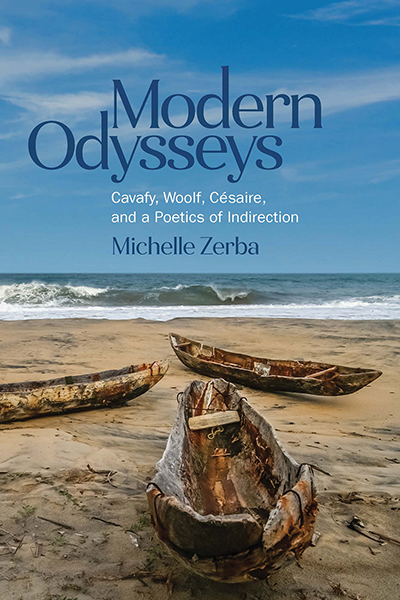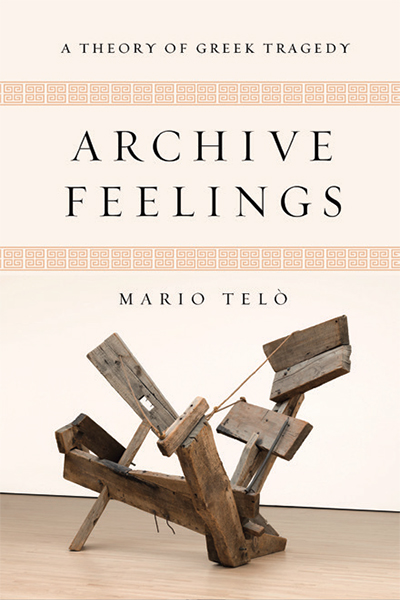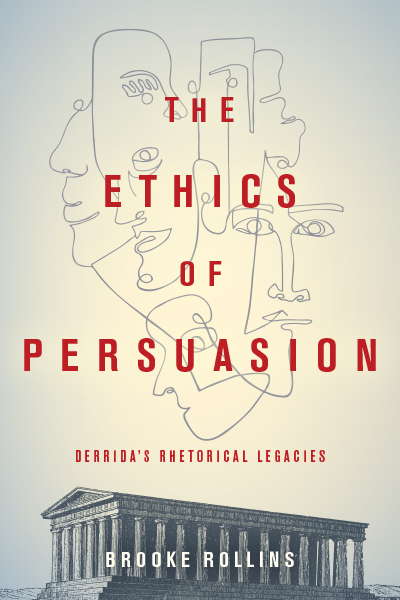“Virginia Woolf’s Mythic Method is a fresh, nuanced, and innovative examination of Mrs. Dalloway, To the Lighthouse, and Between the Acts viewed through the dual lenses of myth and modernism. Smith’s richly layered analysis and excellent scholarly sources position this book to shape future interpretations of Woolf’s work.” —Vara Neverow, editor of Virginia Woolf Miscellany
In Virginia Woolf’s Mythic Method, Amy C. Smith reinvigorates scholarly analysis of myth in Virginia Woolf’s fiction by examining how Woolf engaged social and political issues in her work. Through close readings of Mrs. Dalloway, To the Lighthouse, and Between the Acts, Smith argues that Woolf develops a paratactic method of alluding to Greek myth that is shaped by the style of archaic oral literature and her intersectional feminist insights. By revising such famously paradoxical figures as the Great Goddess, the Eleusinian deities, Dionysus, Odysseus, and the Sirens, Woolf illustrates the links between epistemological and metaphysical assumptions and war, empire, patriarchy, capitalism, and fascism. At the same time, her use of parataxis to invoke ancient myth unsettles authorial control and empowers readers to participate in making meaning out of her juxtaposed fragments. In contrast to T. S. Eliot’s more prominent mythic method, which seeks to control the anarchy of modern life, Woolf’s paratactic method envisions more livable forms of sociality by destabilizing meaning in her novels, an agenda that aligns better with our contemporary understandings of modernism.
“This monograph is useful to those familiar with Woolf’s oeuvre or literary modernism in general, but it is also relevant to those interested in classics and the political context of the early twentieth century.” —Rhiannon Easterbrook, Greece & Rome
“Smith’s arguments … allow for a nuanced understanding of Woolf’s authorial style and her works. … Those with even a cursory knowledge will find insights into the historical uses of classics both to support and to hinder social progress.” —Miriam Kamil, Bryn Mawr Classical Review
“Smith manages to relate a seemingly old-fashioned approach to current theories such as new materialisms and their plea for non-binary epistemologies and (sexual) politics … Smith is able to gain innovative insights into all the novels analysed that turn the reading into a worthwhile endeavour.” —Nadine Böhm-Schnitker, Anglistik
“Virginia Woolf’s Mythic Method is profound and valuable. Its profoundness is reflected in the fact that it does not confine its mythic study to limited analysis of mythic influence, method, structure, and thought, but goes deep into the conflict, fusion, and reconstruction of mythical, feminist, and patriarchal thoughts in Woolf’s novels.” —Fen Gao, Style
“What is perhaps most valuable about Virginia Woolf’s Mythic Method is that Smith reinvigorates what has been falsely perceived as a tired school of criticism and renders fresh understandings of Woolf’s most commonly taught novels.”—Lisa Tyler, Virginia Woolf Miscellany
“Although subjects of myth and Modernism are often polarized, [Smith] blends them and creates a new space for scholarship and discussion. Modernist scholars, as well as scholars of Greek mythology and Modernism, will all benefit from reading this book.” —Elizabeth Laughlin, Rocky Mountain Review
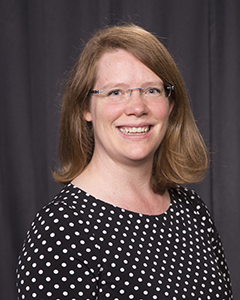
Amy C. Smith is Associate Professor of English at Lamar University.
(Photo credit: Brandon Gouthier)
Contents
List of Abbreviations
Acknowledgments
Introduction A Paratactic Method
Chapter 1 Clarissa’s Eleusinian Desires
Chapter 2 Septimus’s Dionysian Sacrifice
Chapter 3 Peter Walsh’s Primitivist Odyssey
Chapter 4 The Goddess in the Lighthouse
Chapter 5 Harmonious Discord in Between the Acts
Bibliography
Index


